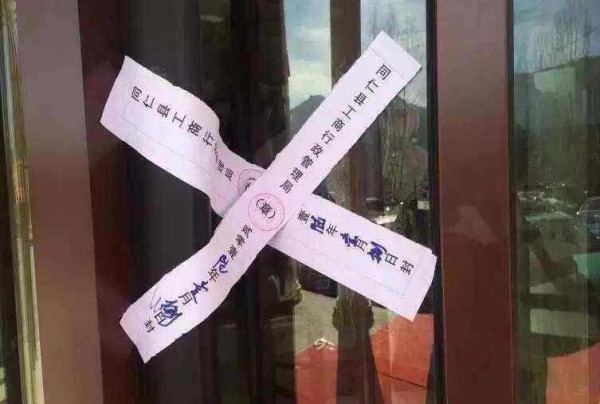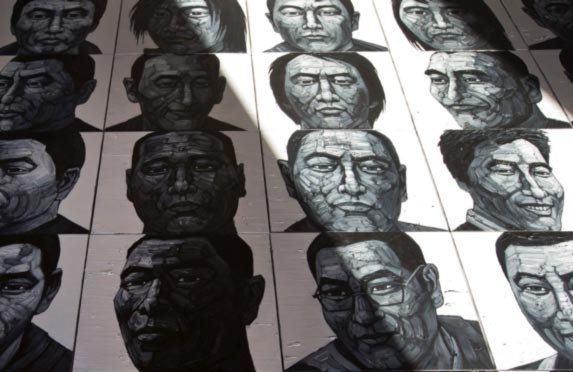ICT questions American presidential candidates on Tibet

As a service to our members, the Tibetan-American community and American Tibet supporters, we are asking the candidates in the 2016 US presidential race to describe their positions on Tibet, the Dalai Lama, human rights, and relations with China.
As a non-partisan, non-profit organization, ICT does not endorse candidates for political office or take part in campaigns. However, the candidates’ responses will help inform our members and others on where the candidates stand on this issue of great concern to them.
We will be making the responses available to the general public through our website (https://savetibet.org) beginning on January 25, 2016. To ask the candidates to fill out the questionnaire, please click here.
ICT report: Hotel closed down by authorities after staff threatened with fine for speaking Tibetan

The sign reads: “Rebkong County Industry and Commerce Management Bureau; Sealed; January 8, 2016”
Following an outcry on social media, the local authorities in Rebkong, Tibet, have closed down a Chinese hotel after management threatened staff with a large fine if they spoke Tibetan. The hotel, which had only opened last month, made a written apology which was published online, and said that it would be ‘closed for rectification.’ It serves as a rare example of informed comment and objection conveyed via social media influencing the Chinese authorities’ response in a positive way.
Tsering Woeser asks: “Why are Tibetans Setting Themselves on Fire?”

Writing in the New York Review of Books, prominent Tibetan blogger Woeser examines the self-immolation protests:
These events constitute the largest wave of self-immolation as a tool of political protest in the modern world—yet there is no such tradition in Tibetan history. How did we get here?
Recent decades have brought increasingly extreme oppression to Tibet’s third generation under Chinese rule. This oppression is primarily manifested in five areas of Tibetan life.
China’s releases first counter-terror law
China has passed its first counter-terror law, rejecting concerns from international governments that draconian measures in the name of national security are being used to crack down on Tibetans, Uyghurs and Chinese civil society and to undermine religious freedom. The new law, which will form the blueprint for China’s counter-terrorism strategy, was passed on December 27 (2015) and follows the imposition of oppressive and counter-productive policies in Tibet and Xinjiang, involving extra-judicial killings, torture and imprisonment, and crackdowns on even mild expressions of religious identity and culture.

